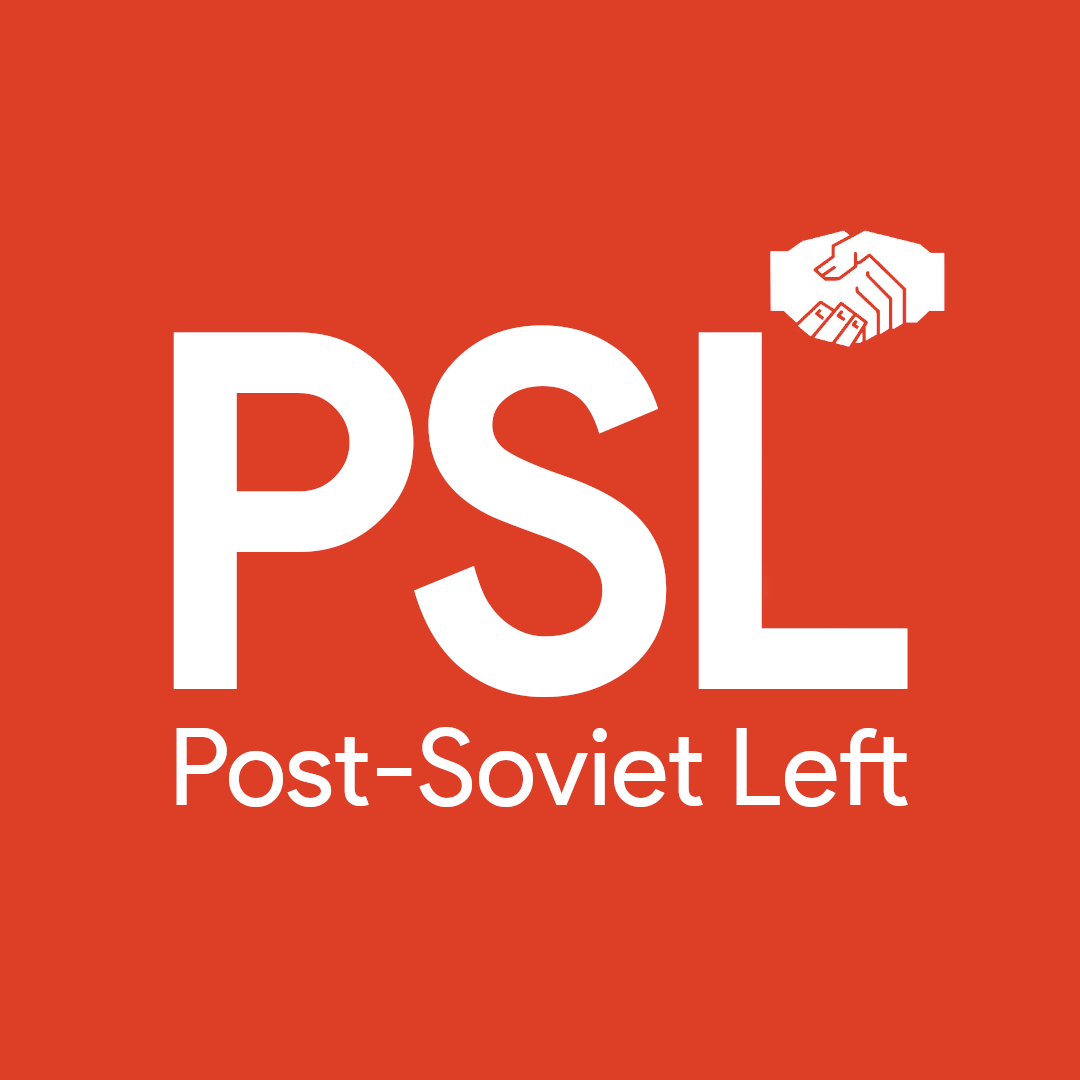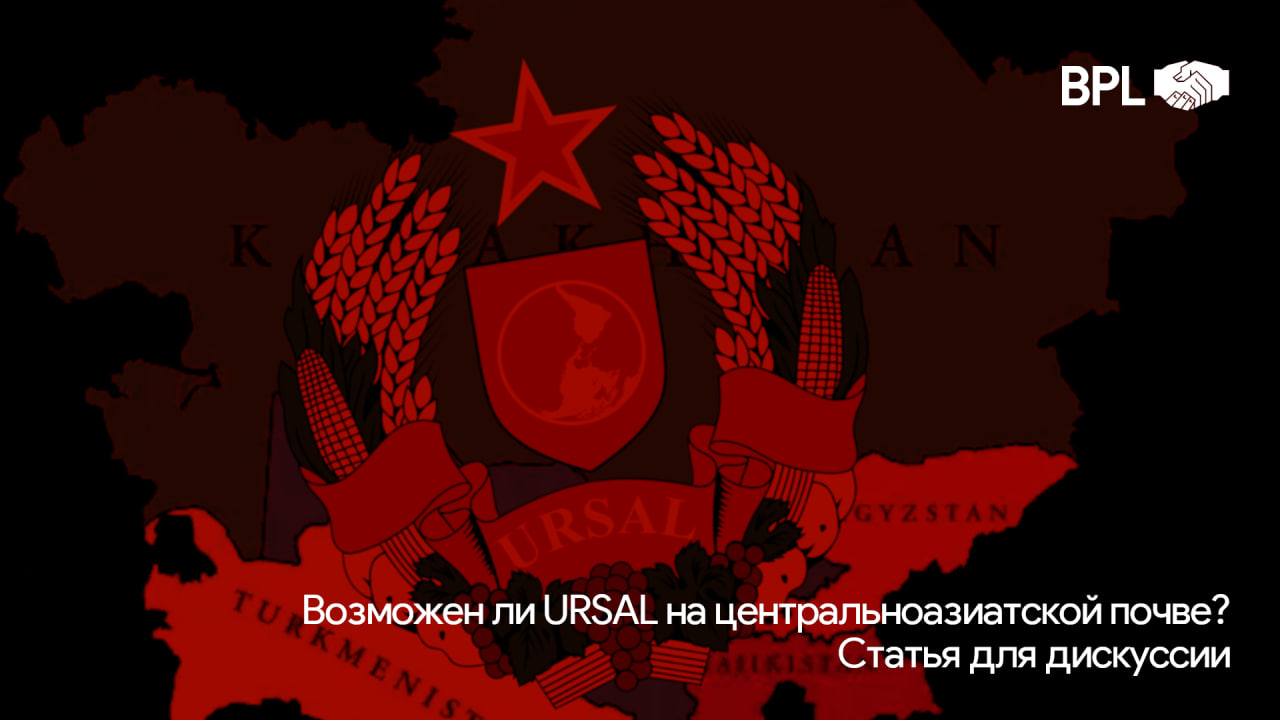For the discussion.
Be realistic, demand the impossible!
the slogan of the Paris May 1968.
In recent years, Brazilian politics has been a battleground between the centre-left and the right. Although Brazilian centre-leftists can hardly be called radical leftists, in many moments they have been very successful in opposing the elitist measures of the right. In particular, in the municipality of Marica, the Brazilian Labour Party pushed for free bus fares, a move that drew a great deal of backlash from the country’s right-wing[1].
Right-wing forces, on the other hand, are known for their strong and radical implementation of anti-social policies in the country. In particular, Brazil’s penultimate president, Jair Bolsonaro, a right-wing autocrat and representative of anti-social elites, openly ignored the magnitude of the COVID-192 pandemic threat, and his son engaged in open violence against the population by shooting at them from a helicopter[3]. Unsurprisingly, Bolsonaro himself sought to hold on to power to the last man, because for such personalities having influence is one of the main values4.
Brazilian, as well as many Latin American right-wingers in general, are opponents of Latin American integration. Explaining this by the need to preserve national sovereignty, they try to secure their privileges from external interference. As a consequence, very often centre-leftists (many of whom are by no means communists) are accused by right-wing forces of the so-called URSAL, a project to create a Latin American socialist republic (can be translated as the Union of Socialist Republics of Latin America).
The 2018 elections were no exception in this respect. In particular, during the first presidential debate, Ciro Gomes was asked a question by his right-wing ultra-religious rival Cabo Dacholo about URSAL, during which Dacholo frightened the audience with a ‘new world order that destroys all borders to create a single nation ’5. In an attempt to make his opponent look grotesque and demonic, Dacholo emphasised that URSAL could supposedly be a nightmare for Brazil, implying the interests of local elites.
As a result, the concept went viral on the Latin American internet, finding not only right-wing conspiracists but also quite serious supporters6. Thus, originally invented in 2001 by a critic of the idea of Latin American integration, and in the 2000-2010s popularised in far-right circles as a terrible dream of anti-social activists, the idea of not only ironic or provocative, but also real unification of Latin American countries under the red flag began to be seriously discussed in the leftist environment of Brazil.
Thus, paradoxically, by striving to stigmatise socialist ideas, the right gave the left something to think about. Although the realisation of URSAL in Latin America itself is still a long way off, the idea of uniting a number of Third World states into a single entity is gradually gaining popularity.
If we take URSAL out of the context of Brazilian politics, and try to think of it from a socialist point of view as an abstract concept, it can be summarised as a strong socialist regional state with a federal structure, united former Third World countries. In addition to the hypothetical URSAL we can cite the project of a Balkan federation discussed after World War II with the participation of Yugoslav Marshal Josef Broz Tito. This idea had a real embodiment, though on a smaller scale, more in the case of socialist Yugoslavia, and less in the case of the USSR and Czechoslovakia.
If we continue to consider the problem in abstraction, we can note the merits of this approach. The formation of a socialist federation of states makes it possible to create a powerful ideological pole of forces in the region, which will be a guarantor of stability, sustainability and possible further spread of the ideas of socialism in the region. Having a broad base in the form of the economies of several countries, such an alliance can ensure constant development and provision of its internal needs.
In addition, such an alliance can provide a more intelligent consumption of resources. Their greater concentration can lead to more technological processing, and therefore potential benefits for all participants, if distributed equitably.
An important factor is that such a union could increase the influence of its member countries at the international level, and hence increase the consideration of their interests in international affairs.
All this has certain prospects for the Central Asian soil for a number of reasons. Firstly, the experience of being in a single socialist state already exists. Although its centre was not in Central Asia, the very experience of cooperation between the various republics within a unified whole is already there. Despite the ambiguous results of the pre-war period, especially in Kazakhstan, in the post-war period they led to a grandiose prosperity of all Central Asian countries, growth of their welfare and cardinal modernisation of everyday life.
Secondly, the idea of restoring the USSR to its 1991 borders is unlikely. Modern Russia under the current regime has little in common with the Soviet Union, the Baltic states are part of the European space, and the European international crisis is far from over. The Central Asian countries have much more in common with each other today. With serious problems of financial elites, autocracy and social inequality, the political situation is far from the wartime criticality seen in Russia, Ukraine and, partly, Belarus. Moreover, the theme of unity among Central Asian peoples is already being actively exploited by right-wingers of various sorts, proposing chauvinistic projects such as the Great Turan or the restoration of the Russian Empire. Despite the fact that their content is clearly alien to all leftists, right-wingers actively speculate on the sense of unity of peoples, which according to our socialist view can only have equal and inclusive grounds. There should be no major and minor peoples, we are all human beings and equal subjects of relations among ourselves.
Moreover, the presence of a Central Asian socialist project in the public sphere can also provide a serious argument against right-wing and liberal ‘decolonialists’, who often propose dreary orders under the American flag. This can be discursively countered today by a horizontal project that is truly independent of any imperialism, built by the majority of the Central Asian population in the name of its own interests.
So, although a Central Asian socialist republic is still a long way off, the very problem of integration and working on a pan-Central Asian basis seems very promising. Although it is quite bold to raise such an issue today and its future is vague, it highlights the problem of the concrete ground for the common work of the Central Asian left in modernity.
For example, it may manifest itself in the presence of common problems. In particular, Kazakhstan and Kyrgyzstan are actively developing international service platforms, which often share similar working principles. Sharing the experience of the left with each other is also important, as the process of its accumulation is very slow in the context of a general staffing crisis of left-wing organisations. In addition, the exchange of information about the situation in different Central Asian countries is also very important, so that the left can better understand the situation in neighbouring countries.
Cooperation in developing common tactics for working with the urbanising population, the urban working class and Central Asian students is also promising. Similarities in their social structure can also manifest themselves in similarities in working with them.
Therefore, links should be made between Central Asian left organisations, exchanging experiences, and perhaps building a full-fledged long-term infrastructure of relationships that will make international socialist projects more feasible. Ideas of socialist integration can provide an alternative to national chauvinism, self-isolationism and pseudo-anti-colonial initiatives.
Sources:
- https://www.cartacapital.com.br/politica/a-capital-da-ursal/
- https://www.bbc.com/russian/features-52870093 ︎
- https://cstcommand.com/index.php/countries/yuzhnaya-amerika/braziliya/item/47-mne-ne-nravitsya-vertolet-potomu-chto-on-strelyaet-i-ubivaet-lyudej-deti-iz-rio-de-zhanejro
- https://www.dw.com/ru/v-brazilii-hotat-obvinit-eksprezidenta-bolsonaru-v-gosperevorote/a-67144294
- https://www.poder360.com.br/congresso/cabo-daciolo-da-ursal-a-promessa-de-fazer-deputada-cadeirante-andar ︎
https://knowyourmeme.com/memes/ursal
https://verne.elpais.com/verne/2018/08/16/articulo/1534409995_060445.html
︎

